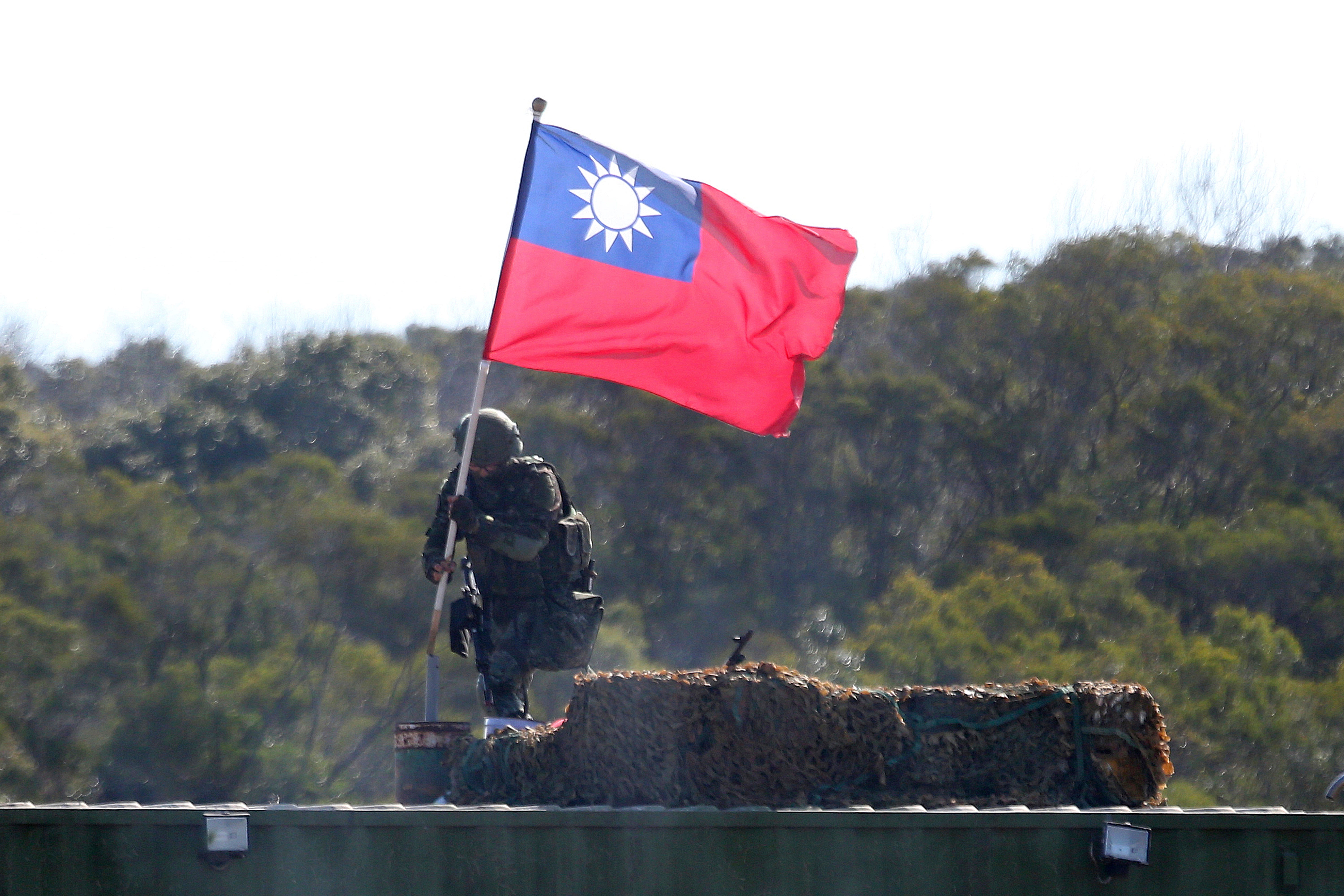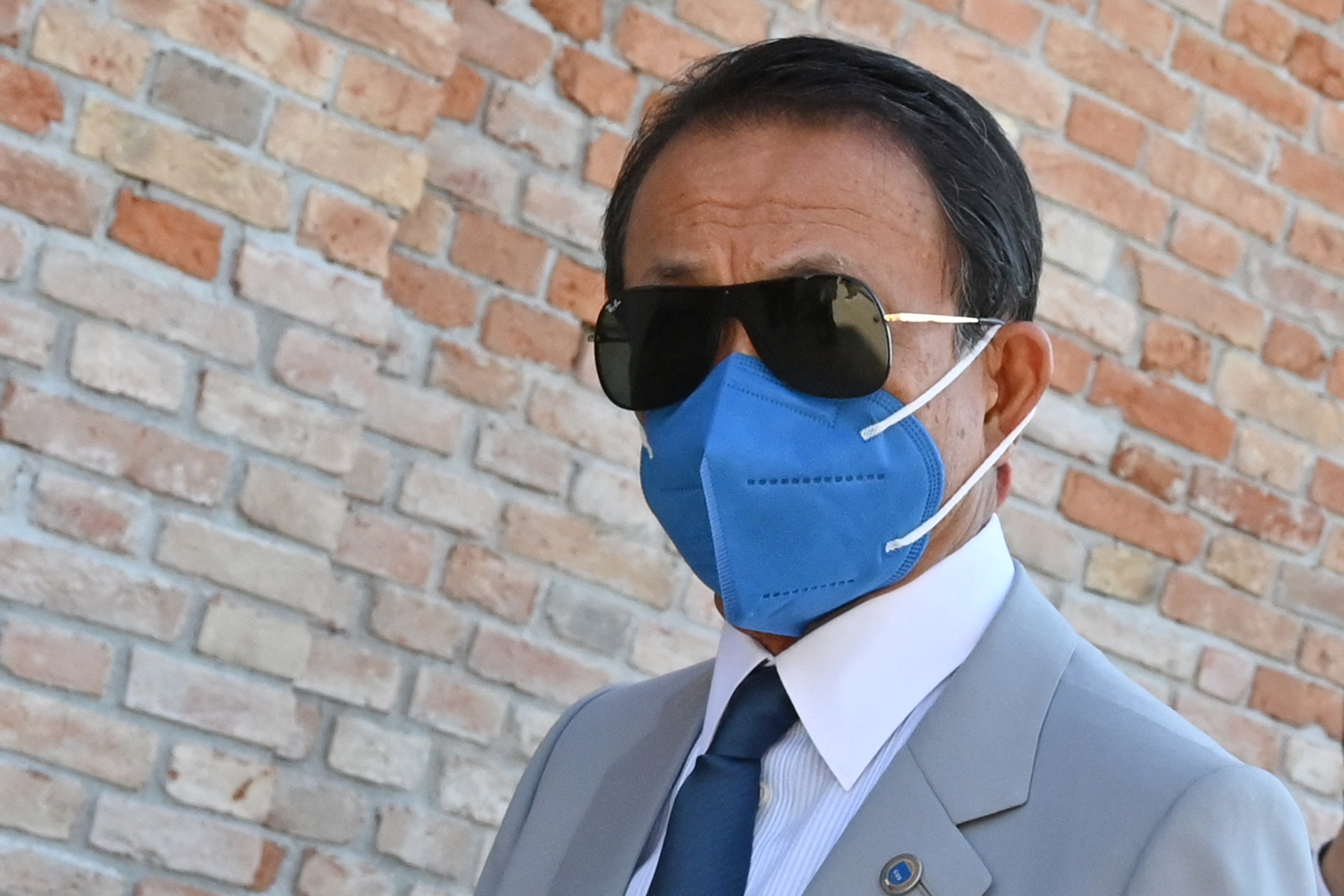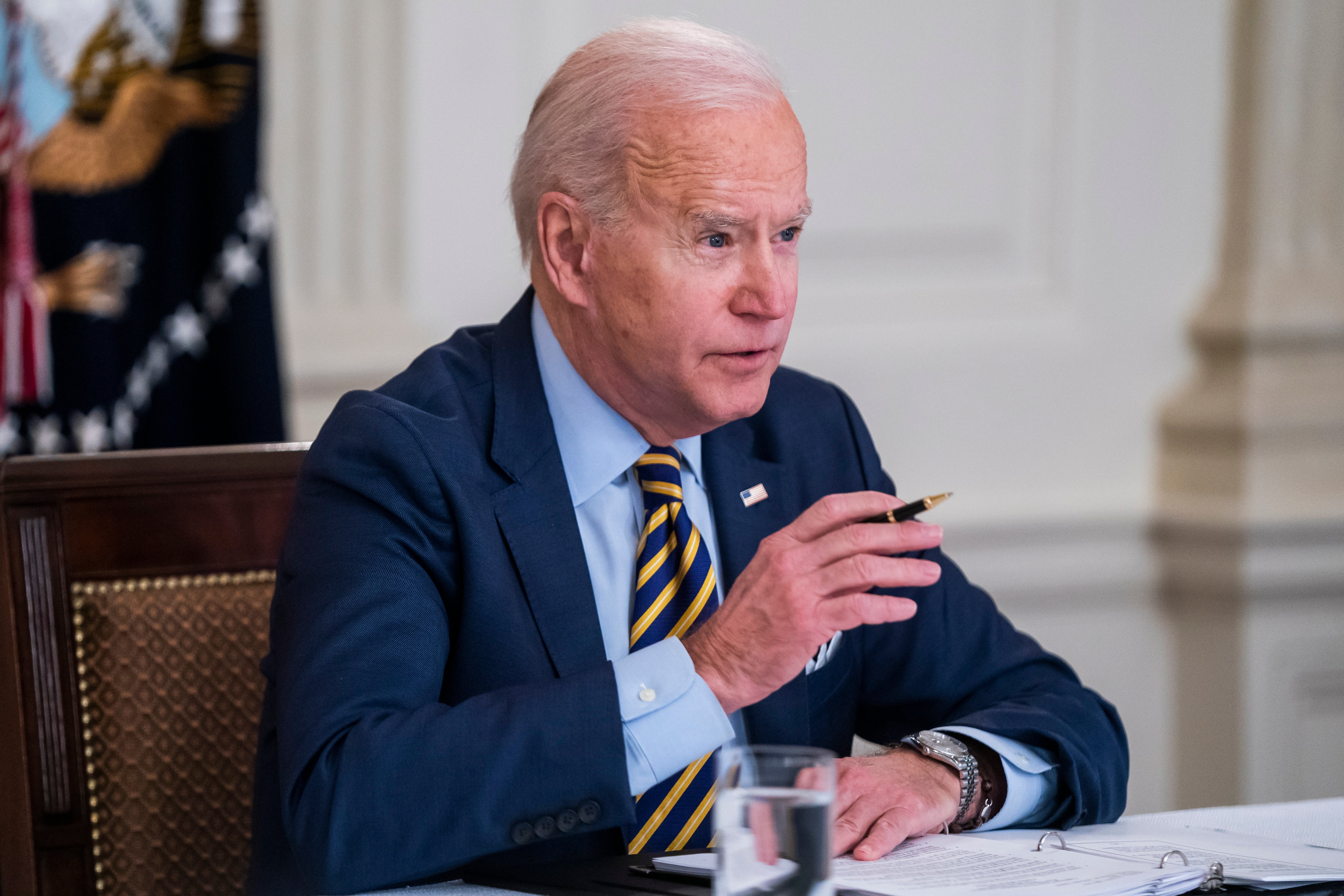China’s recent actions on Taiwan do not suggest imminent military threat, experts say
Despite ongoing military exercises, experts say there are no immediate signs of a direct military attack, writes William Yang


Over the last few weeks, China’s People’s Liberation Army (PLA) has been organising several military exercises characterised as drills aimed at Taiwan.
The PLA recently held a cross-sea exercise featuring sea, land and air forces a few days after Taiwan announced its plan to establish a representative office in Lithuania and allowed a US aircraft to land at one of its airports.
A week before that, the PLA and the Chinese navy held a joint amphibious landing exercise near China’s Fujian Province, which is just across the Taiwan Strait from the island. Chinese military experts told the state-run tabloid Global Times that the move demonstrates the PLA’s capability to “safeguard national sovereignty and territorial integrity” while sending warnings to the US and Taiwan.
China has long viewed Taiwan as part of its territory and has shown its willingness to militarily “reunite with Taiwan” if necessary.
While Chinese state media characterised the military exercises as responses to Taiwan’s recent interaction with the US and other countries, experts think those are only political moves to send a signal to Washington and Taipei.
It’s part of an increasing trend toward ‘military diplomacy’ but is also combined with the so-called ‘grey area’ actions or ‘hybrid’ warfare. All of these activities are designed as ‘messaging’ of intent and resolve
According to Alexander Huang, a professor of international relations and strategic studies at Tamkang University in Taiwan, the most recent military exercise that the PLA carried out in the region is close to ports that Beijing relies on for maritime transport. “As a result, the scale of the military exercise won’t be too big and the duration of the exercise won’t be too long, as it would interfere with commercial or economic activities nearby,” Huang added.
Other experts think the exercises are part of Beijing’s plan to reflect its commitment to reunite with Taiwan. “In that sense, such measures are directed at a domestic audience in China, as well as interested parties in the region like the US and Taiwan,” said Thomas Wilkins, a senior lecturer at the University of Sydney.
Huang thinks the exercises are not directly aimed at Taiwan. “China can characterise any PLA military exercise as a serious warning to Taiwan, but I believe there are no direct military threats to Taiwan in the most recent PLA military exercises,” he told The Independent.
Is Japan ready to be involved in a potential military conflict targeting Taiwan?
While the PLA continues to hold military exercises near its waters, Japan has been highlighting the importance of safeguarding Taiwan’s security. Earlier this month, Japan mentioned in its annual defence white paper that Taiwan is important to its domestic security as well as international security, and that Tokyo needs to pay close attention to the development around Taiwan.
Around the same time, Japan’s deputy prime minister Taro Aso said Tokyo would have to come to Taiwan’s defence with the US in the event of any invasion.

When asked about Japan’s stance on cross-Strait issues, however, Aso appeared to row back somewhat, saying any contingency over Taiwan should be resolved through dialogue. "We are closely monitoring the situation,” he told journalists.
WIlkins points out that it’s always been an “open secret” that Japan has a stake in the peaceful resolution of the Taiwan issue due to the shared democratic and strategic values.
“As Japan perceives further deterioration in the regional security environment based upon a common ‘pattern’ of Chinese behavior in the Taiwan Strait, South China Sea and East China Sea, it has become more overt in its expressions of concern,” said Wilkins.
And, given that Taro Aso and defence minister Nobuo Kishi have long been identified as pro-Taiwan politicians in Japan, they may have an interest in being more vocal about it. However, Wilkins thinks it is important to highlight the restrictions that will prevent Japan from giving “unfettered military support” to Taiwan in a conflict scenario.
“Moreover, both Japanese domestic attitudes further limit its ability to act in this capacity, as well as a sensibility toward the country’s ‘image’ in the region, going back to its military expansion in the Second World War,” he told The Independent.
Huang adds that while Japan expresses their concerns for the security situation, he thinks a lot of the points laid out in the white paper are for Japan’s own interests. “I don’t necessarily think they are speaking up for Taiwan,” he said.
But Satoru Mori, a professor at the Department of Global Politics at Hosei University in Japan, thinks there is a recognition in Japan that the issue of Taiwan security hasn’t been given much attention in the past. “Thus, there is a sense of urgency about thinking through this critical security issue,” he told The Independent.
Will there be space for Taiwan in the ‘Quad’?
Apart from Japan becoming more vocal about the security threats in the region, the four-country coalition Quad (quadrilateral security dialogue), which includes US, Australia, Japan and India, has also been organising several high-level talks.
According to Kyodo News, Joe Biden has proposed an in-person meeting between leaders from the Quad countries in New York in September.
My guess is that all governments would see that the costs of diplomatic repercussions would exceed any advantages of including Taiwan in these security frameworks
Experts say while the coalition’s priority is to maintain a “free and open Indo-Pacific region,” their shared objectives involve some pushback against Chinese military expansion in the region. Huang points out that Taiwan has been expressing its desire to be included in the group as part of the Indo-Pacific region.
“However, whether Taiwan may have a role to play in Quad remains a question,” he said. “What Taiwan can do now is to cautiously observe Quad’s development and pay attention to whether the four founding countries have plans to expand the pool of participants in the loose coalition.”

Other experts think the four countries are more averse to including Taiwan, as they may want to avoid making the coalition look like a “Taiwan defence pact”.
“My guess is that all governments would see that the costs of diplomatic repercussions would exceed any advantages of including Taiwan in these security frameworks,” said Satoru Mori.






Join our commenting forum
Join thought-provoking conversations, follow other Independent readers and see their replies
Comments